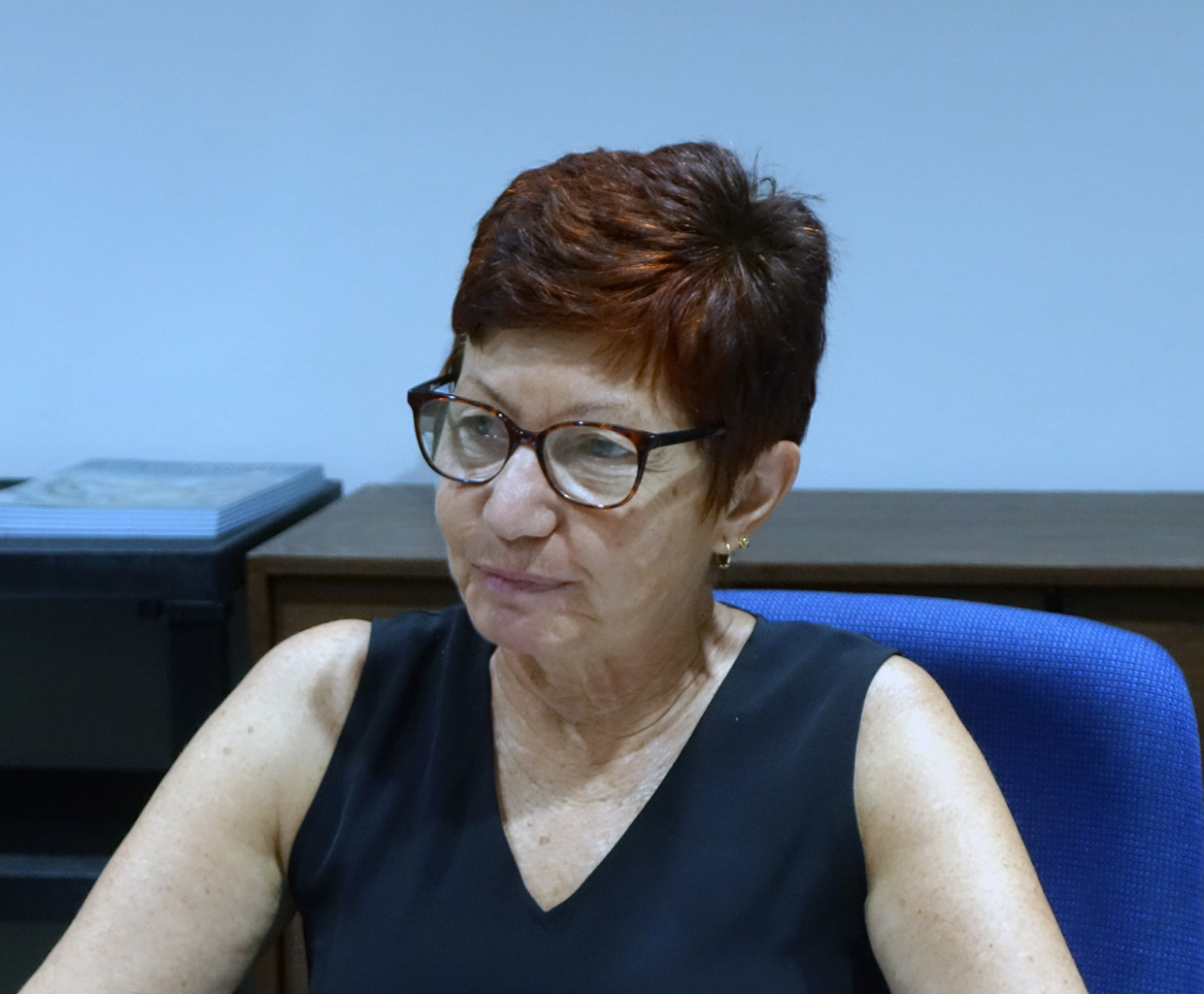Blue economy as a concept emerged from the international Conference on Sustainable Development held in Rio De Janeiro in 2012. The proposal came from Small Island Developing States (SIDS) who argued that for them the green economy was blue because of their large ocean domains and ocean dependent economies. They also successfully argued for a Sustainable Development Goal (SDG 14 Life below water) to conserve and sustainably use the ocean seas and marine resources for sustainable development which includes a target to “by 2030 increase the economic benefits to the SIDS …..from the sustainable development of marine resources” In 2015, the United Nations adopted the 2030 Agenda for Sustainable Development and 17 SDGs, establishing a global framework for the blue economy.
Since there has been much debate in global discourses about what blue economy actually means in practice and how to implement it. Despite attracting a lot of interest, very few countries have so far developed a national blue economy strategy, Seychelles and Mauritius being two of them. If understood as the sustainable development of the ocean, it ought to include a combination of economic social and environmental objectives in accordance with the sustainable development principles and concern all maritime sectors. Importantly there is no one size fit all and one can expect that each country or region blue economy strategy would reflect their specific socio economic and environmental circumstances as well as the institutions in place for implementation.
Whilst blue economy is a powerful concept, it can have different meaning to different ocean users. Is it the new frontier of economic growth, or the Eldorado of ocean conservation, how to ensure the equitable sharing of benefits from ocean resources between countries and within countries? In fact, it is about all the above and the tricky part is how to make it work. This is where governance, which is about who decide what, how and why comes into play. What institutions and decision-making processes must be in place to develop and implement a shared vision, consistent with the United Nations Convention on the Law of the Sea.
Both Seychelles and Mauritius are pioneers in blue economy and their respective vision of blue economy play out in the management of the JMA. The purpose and joint decision-making structure for the JMA is prescribed in The Treaty concerning the Joint Management of the Continental Shelf in the Mascarene Plateau (the Treaty) which includes the sharing of benefits arising from exploitation, primarily oil exploitation and future bioprospecting, and the responsibility for the protection of seabed habitats and biodiversity including from pollution and other impacts from activities above the seabed such as fisheries.
The JMA is a unique in that Seychelles and Mauritius have joint jurisdiction over the continental shelf but not the water column above it which is considered high seas under UNCLOS and managed by other regional bodies, which they belong to. This arrangement makes the management of the JMA easier in relation to the seabed and challenging because the seabed and the water column are ecologically connected but not jurisdictionally.
The JMA is a test case in many respects, where jurisdictions are overlapping at the same location, and second for two sovereign nations to manage a joint area of continental shelf and its seabed resources collaboratively. Although the Treaty provides clarity from a legal standpoint, in practice, there are significant challenges to reaching consensus on how to balance economic and environmental objectives, in part because of the potential high economic stakes at play. So far none of the above have been tested as no exploitation has taken place, nor any proposal for protection of the seabed have been discussed.
3 challenges and opportunities to consider:
One looming existential challenge arises from the JMA focus on oil exploitation in the context of climate change, how to reconcile climate commitments on emission reductions with the oil exploitation. Agreeing on such fundamental matters will require discipline and political leadership from both countries and international support to develop alternative options to address this matter in ways that do not penalize them economically. Engaging respective national communities in those important decisions are yet to be contemplated.
Managing the impacts of activities in the water column on the seabed of JMA is equally challenging. It will require joint creative diplomacy and international support in regional fora to champion the development of measures which will address potential impacts on the seabed of the JMA. This will be a test of the resolve, collaboration and diplomatic skills of both countries.
The JMA is a remote and relatively poorly documented area. Access to information and data from international research is a long-standing issue, which requires changes in both the production and accessibility of knowledge and the development of effective JMA based information systems. A research institute for the JMA (possibly virtual) would facilitate the setting of a joint research agenda and the co-production of new knowledge according to JMA needs and attract finance.

